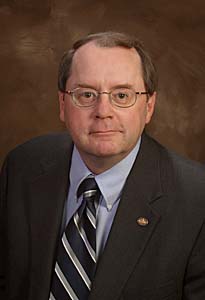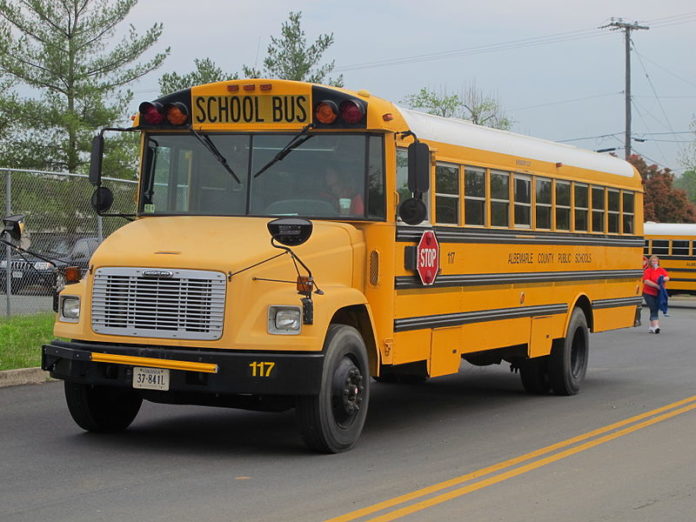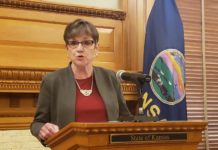Kansas lawmakers finished their work fixing a school finance bill Monday as the Senate passed legislation that prompted more questions about the constitutionality of the state’s plan for increasing school funding.
The Senate voted 31-8 to pass the bill, which is intended to fix a flaw in the education finance plan passed by the Legislature in the early morning hours of April 8.
The House approved the fix over the weekend on a 92-27 vote where questions were raised about whether the plan puts enough money into education to answer the Supreme Court’s concerns.
The bill now goes to Gov. Jeff Colyer and ultimately to the state Supreme Court, which will decide whether the Legislature is now adequately funding schools.
The legislation approved Monday fixes an error found in the five-year, $525 million education bill that was already passed to answer a state Supreme Court ruling that found schools are not adequately funded.
Senate Minority Leader Anthony Hensley registered a constitutional objection to the bill over provisions that it counts money raised from local property taxes toward the state’s education funding level.
The objection is recorded in the Senate Journal and is now part of the legislative record, which can be used when the Supreme Court considers the plan in mid-May.

“I find myself in a rather unique situation,” Hensley said. “In as much as I am going to vote for this bill, I believe for the record, I need to put in the journal some constitutional flaws that I see in this bill.”
Hensley targeted a section of the bill that requires school districts to raise locally an amount equal to at least 15 percent of what they receive in state aid.
The statewide average is 29.2 percent. The lowest levy in the state is set at 18 percent. The highest a district can levy under state law is 33 percent.
Lawmakers want the Supreme Court to consider the local share of tax dollars when it decides whether the Legislature is adequately funding education.
Critics of the proposal say the bill raises equity questions because the value of taxable property varies from district to district, meaning that a tax levy in one district raises more than in another.
For instance, one mill in the Shawnee Mission School District raises about $3.5 million, or $129 per student. In Kansas City, Kan., one mill brings in $371,770, or $33 per student.
Similarly, in Coffey County, home of the Wolf Creek nuclear power plant, one mill raises $480,626, or $562 a student. Meanwhile in Galena, one mill only brings in $23,239 or $28 per student.
“Advocates of this claim it’s OK to do this because it doesn’t do anything,” Hensley said. “It begs the question: If it doesn’t do anything, then why is it in the bill?”
With a deadline for filing briefs with the Supreme Court due on May 7, Hensley said it was prudent to vote for the bill and let the justices settle the issue.

Republican state Sen. Molly Baumgardner of Louisburg criticized the House for refusing to negotiate an education funding plan with the Senate and instead throwing one together that wasn’t thoroughly vetted.
“The House thought they knew best for K-12 education,” Baumgardner said. “They knew best to cobble together legislation on the fly, on the floor.”
Baumgardner said the plan going to the court probably won’t satisfy the plaintiffs who are challenging the adequacy of school funding.
“Does it fix what’s going to happen for education funding in the state? No,” Baumgardner said. “Is it going to solve the problem for the plaintiffs and the Supreme Court? We don’t know yet. Don’t think a vote for today is going to get us there.
“It’s not in our hands as we vote on this.”
















